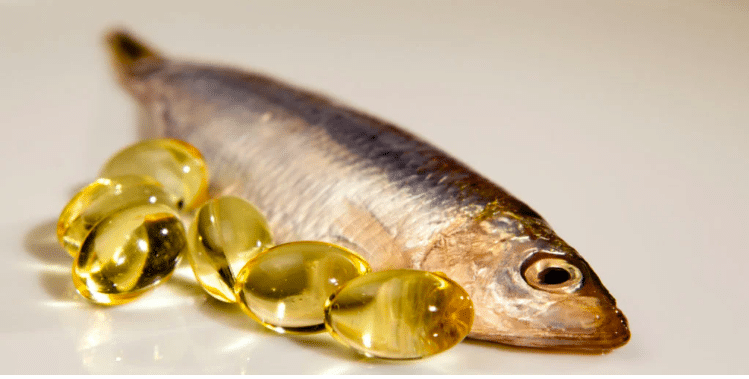Fish oil has gained immense popularity as a dietary supplement over the years, primarily for its content of omega-3 fatty acids, which are essential for various physiological functions and offer a plethora of health benefits.

It is widely believed to support heart health, reduce inflammation, and aid in neurological development. Despite these benefits, there has been growing concern about the potential adverse effects of consuming too much fish oil. This article delves into what constitutes ‘too much’ fish oil and examines the possible ramifications of exceeding the recommended intake.
The Recommended Dosage of Fish Oil

Before we can determine what amount of fish oil may be excessive, it’s important to consider what is generally recommended. The American Heart Association suggests that adults consume two servings of fatty fish per week, which provides a natural source of omega-3 fatty acids.
For those who do not eat fish, taking fish oil supplements can be an alternative way to obtain these nutrients.
Fish oil supplements vary in their concentration of omega-3 fatty acids, so the recommended dose can differ depending on the specific product. However, a common suggestion is a daily dose of 250 to 500 milligrams of EPA and DHA, the two primary omega-3 fatty acids found in fish oil.
The Consequences of Excessive Fish Oil Intake
It is possible to have too much of a good thing, and fish oil is no exception. Here are some potential health issues that may arise from consuming excessive amounts of fish oil:
- Bleeding: High doses of fish oil can inhibit platelet aggregation, leading to an increased risk of bleeding. This can be particularly concerning for individuals taking blood-thinning medications.
- Impaired Immune Function: Although omega-3 fatty acids can reduce inflammation, overly high doses may suppress the immune system, potentially making one more susceptible to infections.
- Stroke Risk: Some studies suggest that very high levels of fish oil supplementation could increase the risk of hemorrhagic stroke.
- Contaminant Exposure: Fish may contain harmful pollutants such as mercury and polychlorinated biphenyls (PCBs). High intake of fish oil can potentially increase one’s exposure to these contaminants, posing a health risk.
- Gastrointestinal Issues: Excessive fish oil consumption can lead to unpleasant digestive symptoms such as diarrhea, heartburn, and nausea.

How Much is Too Much? The Upper Limits
While understanding the benefits of omega-3 supplementation, one must also recognize that there is a threshold at which fish oil can be detrimental to health. The Food and Drug Administration (FDA) suggests that omega-3 supplements containing EPA and DHA should not exceed 2,000 milligrams per day unless under medical supervision. Exceeding this amount may lead to the aforementioned health issues.
However, individual tolerance to fish oil can vary, and some may experience adverse effects at lower dosages. Thus, it is crucial to listen to one’s body and consult with a healthcare provider before drastically increasing fish oil intake.
Fish oil supplements can be a valuable addition to one’s diet, providing essential omega-3 fatty acids that support overall health.
However, consuming fish oil in excessive amounts is not advisable due to the risk of negative health outcomes. It is recommended to follow established guidelines for omega-3 supplementation and to consult with a healthcare professional to determine the appropriate dosage for individual health needs. Moderation is key — striking the right balance with fish oil can help ensure that its health benefits are realized without the unwanted side effects.

